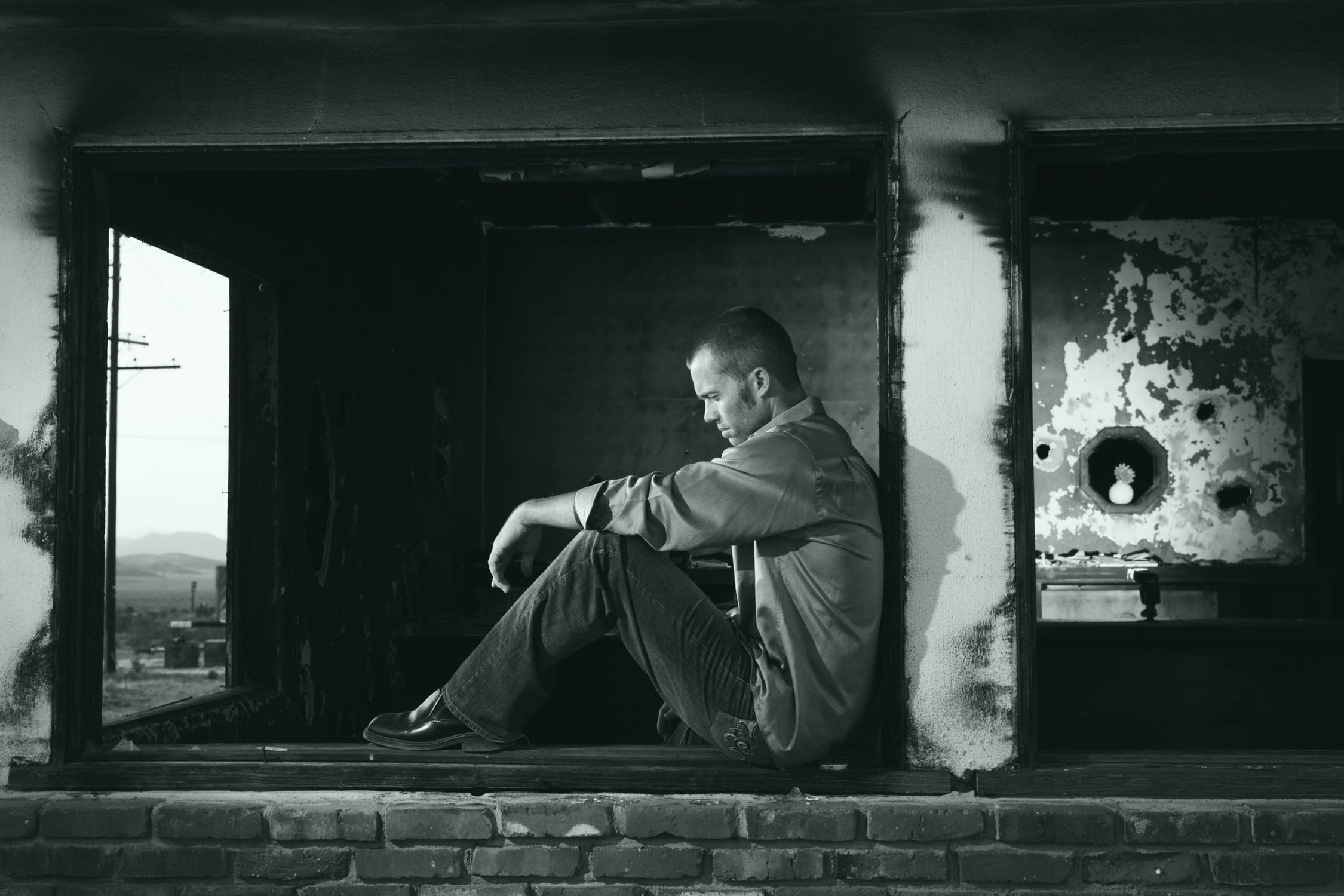Strangulation in Pornography to be made illegal

The UK Government has announced a new law that will make the depiction of strangulation in pornography illegal. This move is part of wider efforts to protect women and girls from violence, and it could have significant legal and social consequences.
Here we explore what this change means, why it matters, and how it may impact the understanding of sexual offences.
Why Is This Law Being Introduced?
The ban on pornographic content depicting strangulation stems from growing concerns about how violent sexual imagery is influencing real-world behaviour.
The Independent Porn Review, led by Baroness Gabby Bertin, found that strangulation has become wrongly normalised through media, particularly pornography. Many now believe it’s a safe and acceptable sexual act – a belief that contradicts medical evidence and legal understanding.
According to experts, there is no safe way to strangle someone. Even when it doesn’t result in death, strangulation can cause lasting physical and psychological damage. Impaired memory, cognitive dysfunction, and increased risk of future violence are just a few of the known dangers.
Despite this, its widespread appearance in pornography is misleading viewers – especially younger audiences – into thinking it’s consensual and harmless.
The Link Between Pornography and Sexual Violence
Violent pornography is increasingly being linked to harmful sexual attitudes and behaviours. The depiction of strangulation, in particular, is seen as contributing to a wider epidemic of violence against women and girls.
Organisations like the End Violence Against Women Coalition (EVAW) have long warned about the normalisation of such acts.
By banning this type of content, the Government hopes to challenge misogynistic narratives and discourage harmful behaviours.
As Minister Alex Davies-Jones noted, this change sends a strong message that abuse and coercion have no place in society or in relationships.
What Does This Mean Legally?
This new amendment to the Crime and Policing Bill will make it illegal to produce, share or view pornography that includes acts of strangulation. It builds on existing legislation such as the Obscene Publications Act 1959 and the Criminal Justice and Immigration Act 2008, which already ban extreme and life-threatening sexual content.
For those involved in criminal defence, this change could influence how cases involving sexual violence or online content are prosecuted or defended. Understanding what now constitutes illegal imagery will be crucial for both victims and those accused of sexual offences.
How Can We Help?
At Mortons Solicitors, we understand the complexities surrounding sexual offence allegations, particularly as laws continue to evolve. If you have any questions or concerns about this new legislation—or any other aspect of sexual offences—we’re here to help.
Visit our Sexual Offences page for more information, or contact us today for confidential legal advice.


